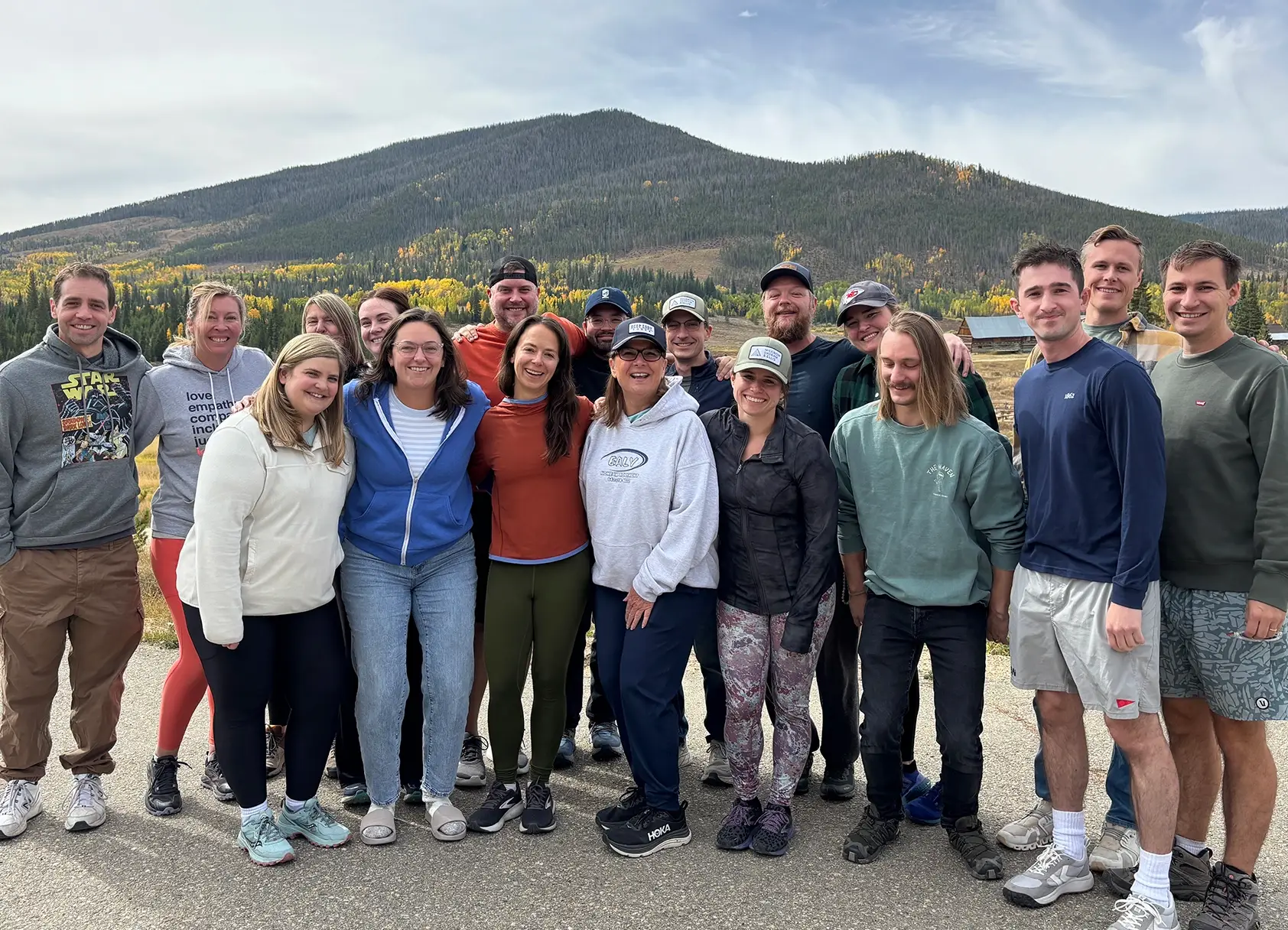In Colorado, parties have a duty to preserve evidence when litigation is pending or reasonably foreseeable. The duty to preserve evidence exists for all types of potential litigation, ranging from personal injury claims to business disputes.
Lawyers and judges use the term “spoliation” to refer to the destruction of evidence or the failure to preserve evidence when a duty exists. When a party spoliates evidence, courts can impose a range of sanctions, including monetary sanctions, adverse inference instructions, or the entry of default judgment against the offending party.
If the court grants an adverse inference instruction, the jury is permitted or instructed to presume certain facts that are unfavorable to the spoliating party. For example, in Warembourg v. Excel Electric, Inc., 471 P.3d 1213 (Colo. App. 2020), a worker was electrocuted when toggling the breaker on an electrical box at a construction site. After learning about the accident, the company that installed the box removed it from the construction site and discarded it. The trial court found that the company spoliated evidence by removing and discarding the box and granted an adverse inference instruction. Because the box was a key piece of evidence, the court instructed the jury to accept as proven that the company knew or should have known that the box was a danger and that the company failed to use reasonable care to protect against the danger, resulting in the worker’s injury. The jury returned a $16 million verdict in favor of the worker and the trial court’s rulings were affirmed on appeal.
As Warembourg illustrates, an adverse inference instruction can be a harsh sanction with serious consequences. An even harsher sanction is default judgment, in which the Court immediately awards judgment against the spoliating party.
Given the potential consequences of spoliation, it is critical to understand when litigation is reasonably foreseeable and the duty to preserve evidence is triggered. In a recent case called Terra Management Group v. Keaten, 572 P.3d 126 (Colo. 2025), the Colorado Supreme Court addressed this issue. The Court provided the following guidance that can help determine whether litigation is reasonably foreseeable:
- Whether litigation is reasonably foreseeable is a fact-specific and flexible inquiry.
- The “mere existence of a potential claim” or the “distant possibility” of litigation does not necessarily mean that litigation is reasonably foreseeable.
- In determining whether litigation is reasonably foreseeable, a court may consider the totality of the circumstances.
- The court may consider the behavior of the parties.
- For example, the court can consider an injured party’s delay in reporting a concern or their statement that an issue is resolved.
- Conversely, a court may consider the fact that the defendant consulted with counsel or notified an insurer.
- The court can consider the nature and extent of injuries.
- For example, a large-scale disaster can indicate that litigation is foreseeable.
If litigation is reasonably foreseeable and a duty to preserve evidence exists, the court must determine whether to impose sanctions and, if so, what sanctions to impose. In Terra Management, the Colorado Supreme Court also addressed this issue, identifying the following factors that courts should consider in deciding what sanctions to impose:
- The totality of the circumstances.
- The culpability of the party who was responsible for the loss or destruction of evidence.
- The prejudice (or harm) to the other party.
- The burden of preserving the evidence.
- Whether the party deviated from normal practices regarding preservation (including document retention policies).
- The purposes are served by a particular sanction.
One takeaway from Terra Management that may help businesses avoid spoliation sanctions is to adopt and follow an appropriate document retention policy before the threat of litigation arises. If litigation is a possibility, consulting with legal counsel can help you understand whether a duty to preserve evidence exists and what steps should be taken to gather and preserve evidence.
Whether you are a potential plaintiff or defendant, Milgrom Daskam and Ellis can help with issues related to the preservation of evidence. The firm prepares document retention policies, provides advice about potential litigation, and drafts demand letters or other correspondence notifying opposing parties of their obligation to preserve evidence.


